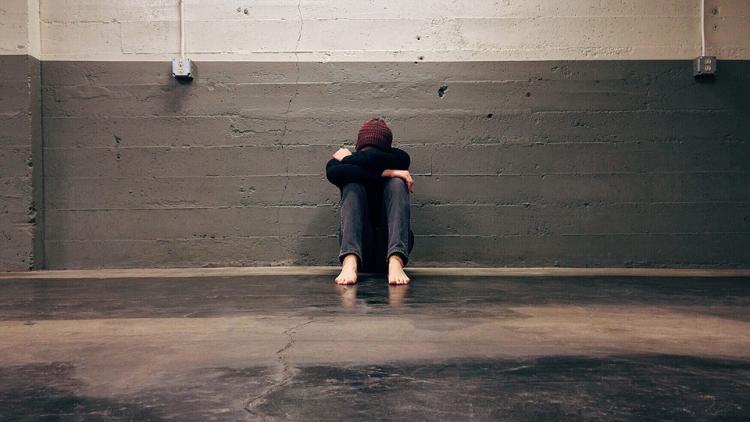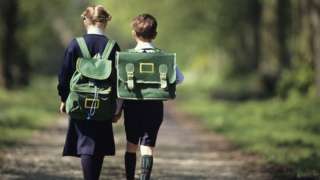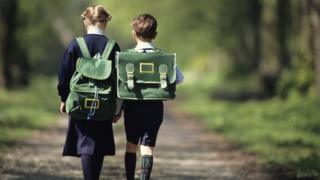
Almost half of all young people experience so many emotional problems at school that they are unable to focus on their studies, a new poll has found.
Meanwhile, their levels of happiness and confidence are dropping, and more than a quarter feel that they have no control over their lives.
And more than one in six believe that they will never amount to anything, no matter how hard they try.
More than 2,200 young people between the ages of 16 and 25 were surveyed by the Prince’s Trust charity. Nearly half (45 per cent) said that they did not believe in themselves when they were at school. And 48 per cent said that they experienced problems during their school years that prevented them from concentrating on their academic work.
Of these, 46 per cent did not talk to anyone about their problems. Largely, this was because they did not want other people to know that they were struggling. And more than half (58 per cent) did not think that asking for help would solve the problem.
The survey is the eighth such study conducted by the Prince’s Trust. This year, young people’s levels of happiness and confidence were at their lowest level since the first survey was commissioned.
‘Amount to nothing’
Their plummeting confidence is caused by a number of factors. Half of those surveyed felt that the pressures of finding a job were greater than they were a year ago. And 42 per cent believed that traditional financial goals – such as finding a steady job or owning a house – were unrealistic.
In fact, 16 per cent argued that their lives would amount to nothing, no matter how hard they tried. And 18 per cent said that they did not believe that they could change their circumstances, even if they wanted to.
Dame Martina Milburn, chief executive of the Prince’s Trust, said: “This report paints a deeply concerning picture of a generation who feel their ability to shape their own future is slipping away from them.
“It’s shocking how many feel so desperate about their situation, and it is vital that we support them to develop the confidence and coping skills they need to succeed in life.”
[Source:- tes]



















